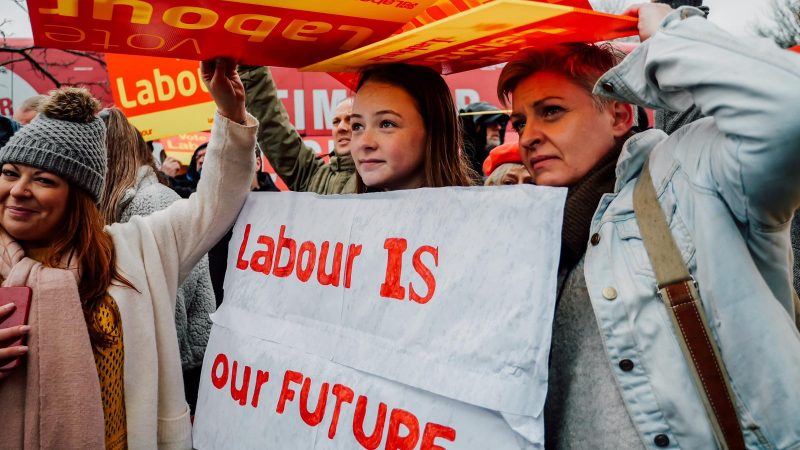
I would expect to be saying at this point that everyone is talking about Labour’s leadership and deputy leadership elections, which will see ballots close on Thursday and the results announced on Saturday. But that is not the case. Interest has dwindled – partly because the frontrunner has been ahead from the beginning, partly because the race involved more nominations stages than any previous process, and now mostly because we’re in the middle of a pandemic.
The subject of this piece will therefore be even more niche than it usually would. But we all need escapism during coronavirus lockdown, and the type favoured by LabourList readers is hopefully underreported internal party elections. I’m not talking here about the contests to determine Labour’s next leader or deputy, but by-elections for the party’s national executive committee, which have run alongside the main races. These will also see voting close on Thursday and results unveiled on Saturday – though there is a key difference in the selectorate as only full members who joined before November 12th get a vote.
Those eligible will be picking two local party representative candidates from a list of 18. Unlike for the leadership, the voting system is not preferential, which benefits factional slates as you probably only want to cast a vote for someone who has a chance of winning. Members who have registered with the party to identify as BAME will also be selecting a BAME representative to replace Keith Vaz who has stood down from the post. Those elected will take their places on Labour’s ruling body, the NEC, which is made up of 40 members when there are no vacancies.
Why do these by-elections matter? One of the immediate tasks faced by the new leader will be to sort out issues around the disciplinary process – and to scrap the current complaints system in favour of an independent one, as all candidates have pledged to do. This change is not entirely within the leader’s gift, however. Replacing the national constitutional committee (NCC) with an independent body would require a rule change, and that will need to be recommended by the NEC before being approved by conference.
“In one of his first acts, Starmer is set to request the departure of Karie Murphy, Corbyn’s chief of staff, and Jennie Formby, the party’s general secretary,” it was reported in The Sunday Times over the weekend. There is often talk of Emilie Oldknow or Lisa Johnson taking over. But the general secretary acts as a secretary to the NEC and remains in office “so long as her/his work gives satisfaction to the NEC and party conference”, as the rulebook puts it. In effect, the holder of this post is answerable to the NEC as a whole. Iain McNicol resigned only once the NEC balance was tipped in favour of Corbynites, after the number of local party representatives was increased from six to nine and the Labour left slate won those places.
If Keir Starmer is indeed elected as leader, his ability to reform the party as promised will be constrained by the NEC. Even if Corbynsceptics do win all three places – in the form of victories for Johanna Baxter, Gurinder Singh Josan and Carol Sewell – the balance will become finer but the Labour left will not have lost control. Whether the result aligns with the leadership outcome will tell us something about the mood of the membership in any case. Factors involved in the likely election of Starmer – based on promises of unity and electability – don’t quite function in the same way when it comes to NEC elections.
The deeply divided Labour left made crucial errors in these contests, allowing the messy development of multiple slates in contrast to the straight-forward and unified anti-Corbyn slate, and that will also affect the results. However they turn out, the NEC by-elections will be key to indicating how quickly and to what extent the Labour left is losing power within the party.



More from LabourList
Rochdale Labour says brick thrown at candidate’s home with ‘f*** Labour’ note
‘Frank’s poverty mission lives on at his charity – but he’d scrap two-child cap’
‘I disagreed with Frank Field, but he was no Tory and I loved him all the same’